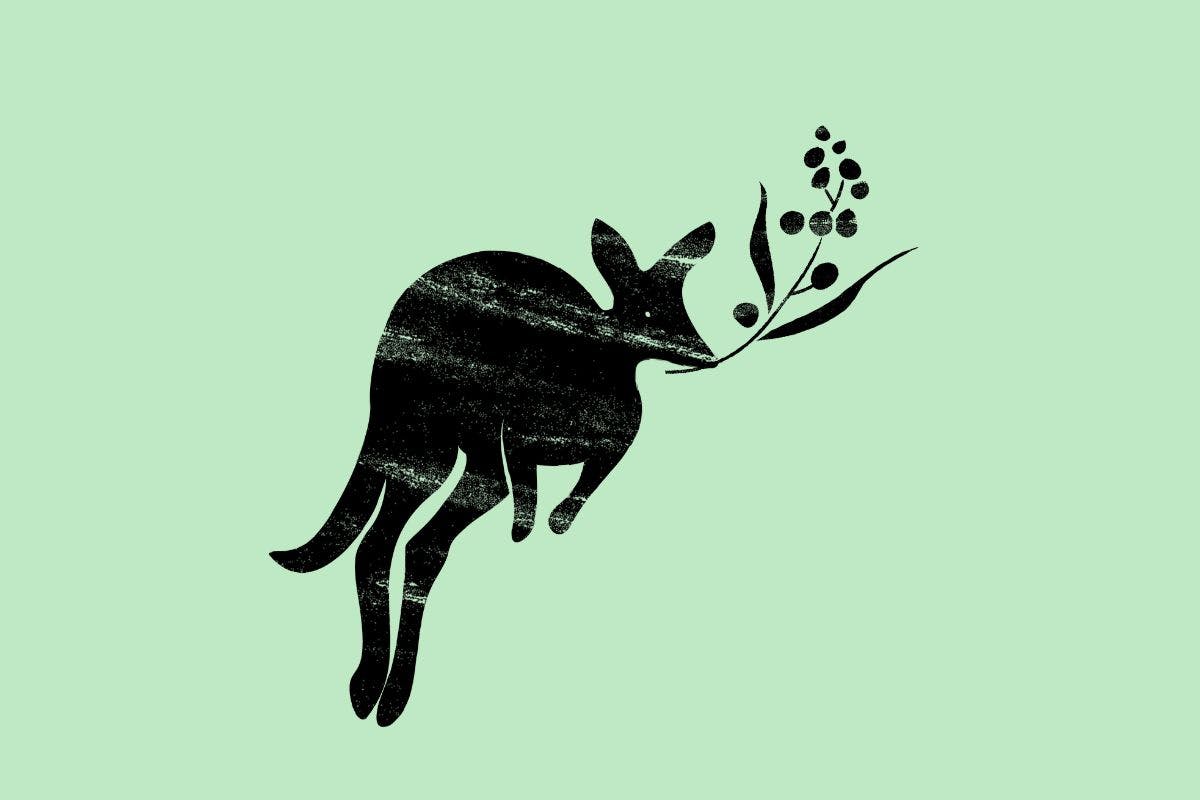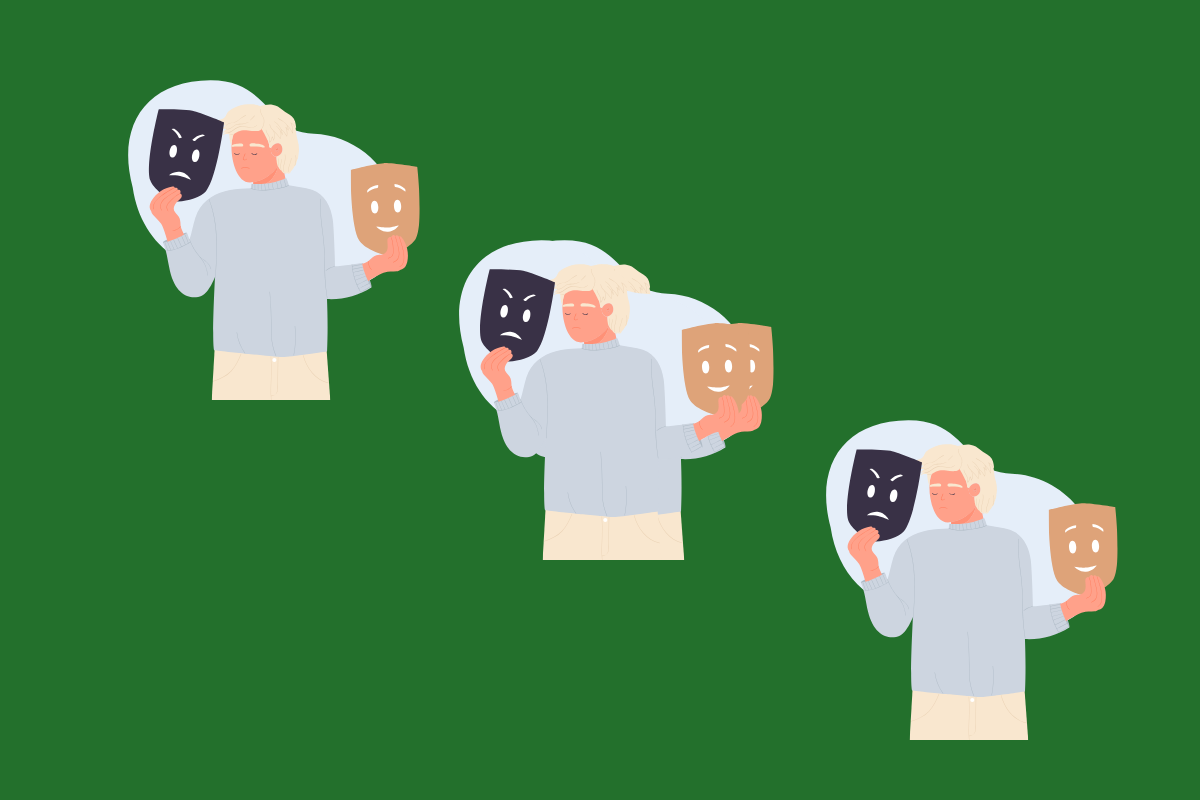Published: 14 November 2023
Last updated: 5 March 2024
At their weekly class of Yiddish mysticism, they poured the wine as usual, but didn’t know what to drink to. The group found a special poem, out of which this song grew.
The greatest scream in the world is silence. But there is a rung which is yet higher than silence: song - Reb. Mendl, a 19th century Hasidic master.
A week or so after October 7, still deep in shock and grief and glued day and night to the Israeli news and WhatsApp messages with my family and friends in Israel, my friend and teacher, local scholar of Kabbalah and Yiddish poetry, Nathan Wolski messaged our Yiddish mysticism and poetry group. He asked whether we should meet, as we have almost every week for the last three years, to read and learn something together.
Usually he gives us a few options to choose from for our weekly wine and mysticism session - a Yiddish mystical poem, a passage from the Zohar, a chapter from Heschel’s book on the great Rabbi of Kotsk, some Maimonides on Aristotle and God. But this time when he wrote to the group, he didn’t know what we should do. He had nothing.
A few nights later we gathered at his house. We poured the wine as usual, but we didn’t know what to drink to. We prayed for the safe return of the hostages, for the souls of those who were brutally murdered and tortured, for our family and friends in Israel, for the demise of Hamas. And then, like we so often did, we turned to Hillel Zeitlin for guidance.
But this time was different. Zeitlin was a famous Warsaw writer, poet and mystic. We’ve studied many of his Yiddish poems and we’ve made an album of songs based on some of them. But the poem Nathan had found was different to the poems we’ve studied, which are usually about the ecstasy of finding God and the devastation of losing Him, and the agonising beauty of existing between these modes of being.
Those poems range from the fullness of God, to the absence of God and back again. And on and on. This kind of bipolar, always searching and finding and losing, type of engagement with Divinity and Being makes sense to me in a way that Judaism and God seeking never has. There is room in it for belief and doubt and beauty and darkness and everything in between. I hadn’t come across this type of Judaism before.
No, this poem was not like the others. This was a poem written by Zeitlin, presumably in response to the pogroms of 1918-20 in which more than 100,000 Jews were murdered. A poem called Mistorim - Hidden Places. It is a poem in which Zeitlin asks God to weep tears of molten rage in order to destroy the devil’s kingdom and save His children from pain and suffering.
We huddled around the table outside, beneath the moon, in the wind and the stars and we read the poem over and over. I think we were hoping that it would illuminate, even in some tiny way, the darkness we had all been plunged into. But the darkness was too deep.
A few nights later I was sitting and reading the poem over and over. At midnight I reached for my guitar and began writing a melody for the words. At five minutes past midnight, I had a song. I don’t know how to respond to what is happening in Israel and Gaza, as a human being, as an artist, as a Jew. But 82 years after he was murdered by the Nazis, last seen in the ghetto wrapped in his tallis and tefillin and with the Zohar under his arm, Hillel Zeitlin does.
Mistorim - Hidden Places
God, my God, go now inside, within, within; go inside the hidden place.
Remember Your children; let the tears fall.
Let the tears fall into the Great Sea, let the Sea rage, let it boil.
May it rage, fury, flare, burn, scorch, eradicate!
May the devil’s kingdom burn, may evil be eradicated,
May all that afflicts and pains Your children go up in smoke.
Here is the song, recorded and performed by the Bashevis Singers - Evie Gawenda, Gideon Preiss, Husky Gawenda, and video by Tunni Kraus.
That night, Nathan showed us the Talmudic passages upon which the poem is based:
The blessed Holy One has a place where He cries. It is called mistarim / hidden place.
When the blessed Holy One remembers His children, He lets two tears fall into the Great Sea and the earth begins to tremble.
The texts portray God as weeping in the face of His children’s pain and suffering. The motif of a weeping God is so startling that the Talmud itself asks: Does God really weep? Isn’t divine being characterised by joy? And the Talmud answers, yes, on the outside God is joyous, but when His children are in pain, He retreats and withdraws within, to his concealed place to be alone and cry.
Photo: The Yiddish mysticism and poetry group



